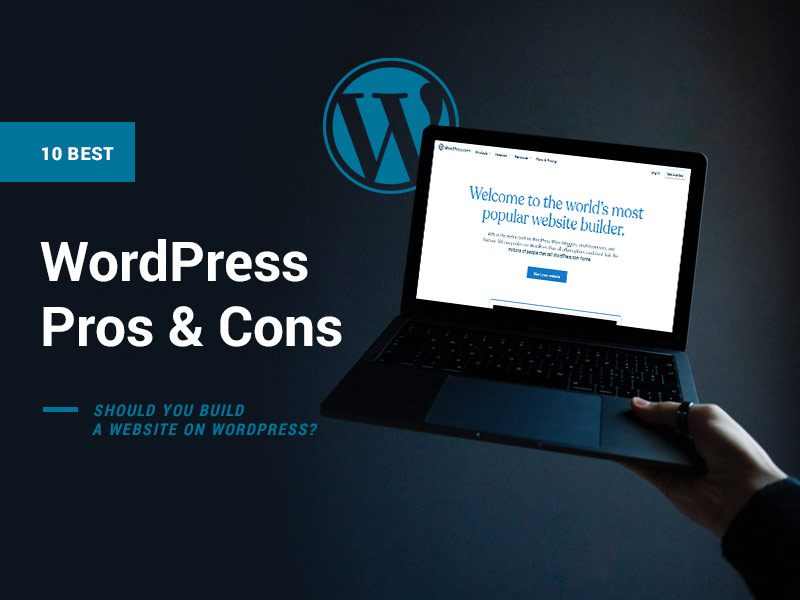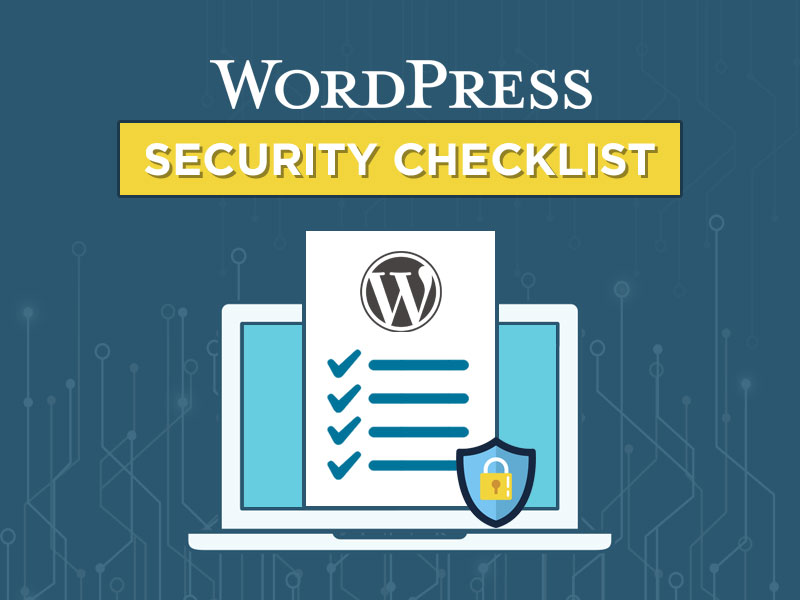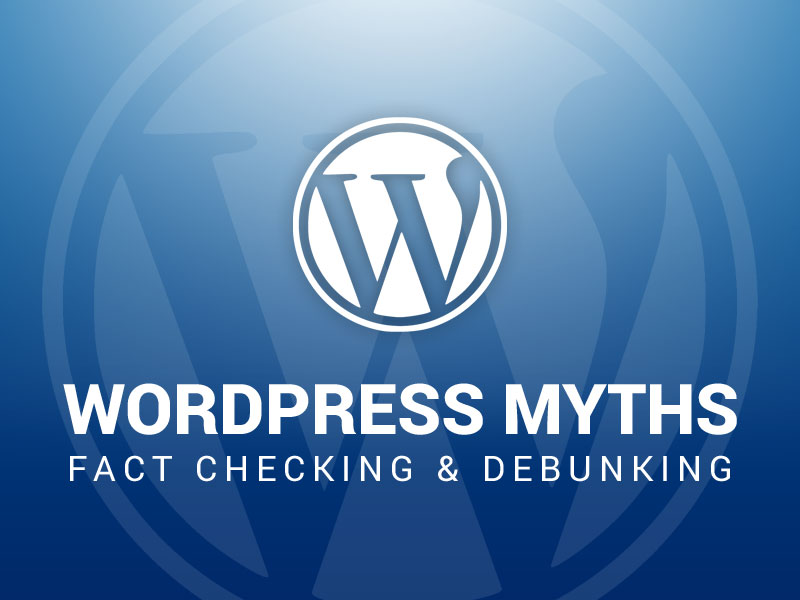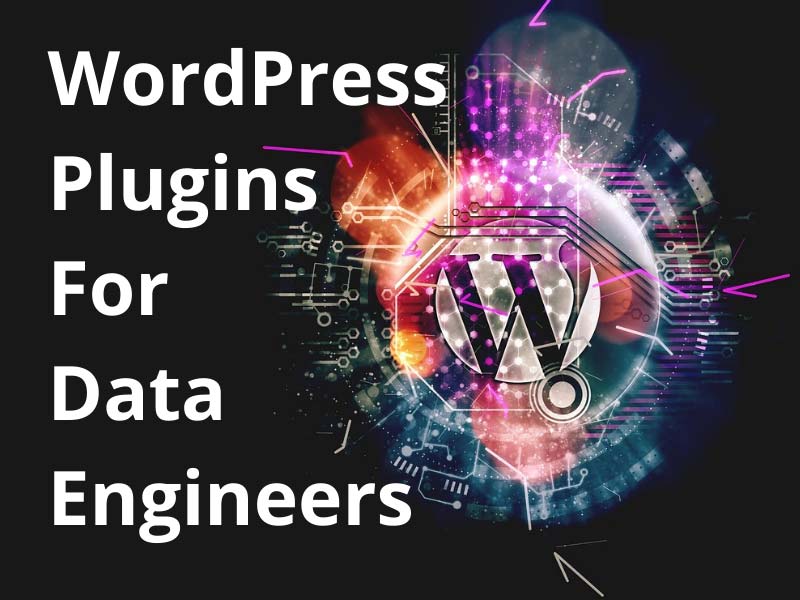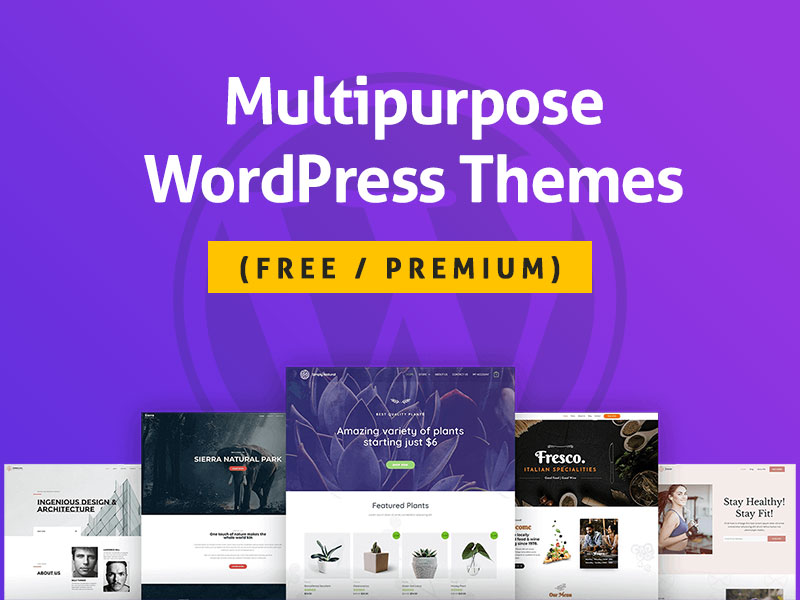Join us as we explore the pros and cons of WordPress. We’ll delve into a range of reasons to build a website on WordPress, along with discussing the common downsides experienced by users of the platform.
Whether you’re looking to start a new business in 2022, migrate your online presence to a new hosting service or simply launch your own blog, one name is likely to pop up in your searches time and time again. That name is WordPress.
But what is WordPress? What does it offer its users? Should you use it to build your new site or blog?
Read on for the answers to these questions.
What is WordPress?
In simple terms, WordPress is a blog or website-building platform. It’s a Content Management System (CMS) that offers a range of templates, or “WordPress Themes” to help users develop their site simply and easily.
WordPress is based around the PHP programming language and utilizes MariaDB or MySQL databases in the management of its open source relational database.
The platform began life in 2003 following the discontinuation of an earlier piece of software named b2/cafelog. The intention was to create a new blogging platform built on top of that software.
While WordPress was launched as a means for internet users to easily produce their own blogs, the site quickly expanded, introducing new features all the time.
WordPress plugins were introduced in 2004, and advanced eCommerce resources were added in 2011 – rendering the platform an excellent means of building one’s own professional website from scratch. WordPress continues to develop to this day.
So – why do so many individuals and businesses utilize WordPress to build their websites and manage their online content? Below, we’ll explore a few of the benefits offered by this platform.
WordPress Pros
There’s a reason why this particular website builder is so popular. In fact, there are a number of them. Here are just a few:
Budget-Friendly
There are four main tiers of WordPress plan, with the cheapest being completely Free.
This means that the users of this website builder can save significant amounts on their overheads in this particular field – as long as they are happy with the simple tools provided by the basic plan. A custom domain and additional plugins will cost extra.
There is also the Personal plan, which costs $4 per month. Subscribing to this plan allows you to do away with ads and provides you with a custom domain. You’ll also have access to WordPress support services – and, of course, the capacity to build a simple yet effective site.
Next up is the Premium plan at $8 per month. Paying this will give you access to:
- CSS editing
- 13GB of storage
- Monetizable of ads on your site
- Many more themes and design tools
- Access to WordPress support services
The Business plan is the top tier. At $24.92 per month, it offers the following:
- Unlimited online storage
- Specialist business-optimized design templates
- Use of Google Analytics
- The removal of WordPress branding
- Access to WordPress support services
These are the basic charges for anyone wishing to build a site on WordPress. Additional costs are involved when selling through a WordPress site, as none of the plans automatically support e-Commerce.
Certain plugins cost extra, including valuable SEO tools such as Yoast. They make building your site easier, without the need for any formal coding training.
If you want your site to be hosted separately, this will come with its own expenses – as will a high-performing domain name.
However, the basic WordPress plans available are undeniably affordable – and beyond these, you can choose to do as much or as little as you like.
Flexible
We’ve already mentioned plugins, but it is worth noting that there are literally thousands of these handy tools available – along with a comparable number of templates or “Themes” – depending on how much you’re willing to spend.
“This means that a WordPress site has the potential capacity to support pretty much any content you can conceive of, in an almost endless number of ways“, comments Ruban Selvanayagam, blogger and fast home sale specialist.
Whether you’re a hobby blogger or a serious e-Commerce mogul, the platform will allow you to design the ideal site for your purposes.
Secure
WordPress provides regular cyber security auditing and also offers Sucuri, a free security scanner that warns you of vulnerabilities and guards against malware and a whole host of cyber attacks.
You can also:
- Password-protect your content or add two-factor authentication
- Limit WordPress login attempts
- Select to automatically log out when idle
- Move to a HTTPS or SSL URL
- Add a firewall
- Back up your content
… and plenty more besides.
Simple
You can avoid the complexities of coding by taking the time to explore WordPress’s wide range of templates and plugins. When you’ve found the tools you need, your site will come together easily.
Through the use of a handy taskbar that enables “Page” or “Block” editing, you can quickly locate and adjust all elements of each web page to transform into your ideal version.
Of course, you can also toggle between visual and HTML-based editing to make any tweaks in code if you prefer.
It’s even relatively simple to learn how to build a WordPress website on your own domain, easily integrating the platform’s handy features into your existing online presence.
Longevity-Focussed
Due to the consistent popularity of open-source software, WordPress is likely to exist in one form or another for many years to come.
This should come as a substantial relief to anyone planning to build a website. After all, the internet is a fickle place where obsoletion lurks around every corner. It’s comforting to be assured that the tool you are currently using is probably here to stay.
With Open Source solutions continuing to skyrocket in popularity, WordPress remains one of the giants of the field – and may prove just as desirable and adaptable as it grows and develops.
If you’re using WordPress for business, the platform’s longevity is one of its major assets when it comes to your brand’s future-proofing and scalability. It will allow you to plan your company’s online presence way into 2022 and beyond.
Superb SEO Ranking Capacity
WordPress websites perform extremely well in terms of:
- SEO friendly web design
- Quality permalink generation
- Image optimization options
- Metadata management
- Multi-device optimization
- Load times
- Social media integration
- SEO performance tracking tools like Yoast and Google Analytics
This means that these sites can be made more discoverable via online search than a large proportion of their counterparts.
Tailored Help and Guidance
You’ll be able to access a certain level of customer support whatever plan you use. There are handy official forums and support documentation accessible to all users, whether they pay for WordPress or not.
Users on paid plans can also access basic chat and email support, while Premium and Business users may use WordPress’s 24-hour Live Chat function.
There is a toll free helpline available to all users too, which is 1-877 273-3049.
You can consult WordPress’s “Happiness Engineers” on almost any relevant issue, from simple subjects like “how to build a landing page on WordPress” to more complex matters such as “how to build a media site on WordPress” or “how to build a forum on WordPress”.
WordPress Cons
As with almost any tool or resource, WordPress also has its downsides. Here are the main turn-offs you’re likely to come across when using this particular website builder:
A Fairly Archaic Setup
While this is more a matter of personal aesthetic preference, the taskbars and general user interface of WordPress could perhaps do with an update.
Many of the available themes echo this slightly dated vibe too, which may result in the need for extensive DIY input to make your site feel more “cutting edge”.
Rigid Templates
It can be difficult to apply your business or blog’s exact branding to a WordPress site. While there may be thousands of themes available, very few are customizable enough to match your existing designs precisely.
The only way you can really do anything about this is to hire a professional web designer or coding expert to make the detailed tweaks you require.
Ongoing Site Management Can be Challenging
With so many different plugins required in order to get your site doing exactly what you want, things can easily get complicated.
Plugins can often become outdated and stop being usable – and, with so many add-ons attached to your pages, errors and outages are fairly common.
Updates are required with often frustrating regularity depending on the number and complexity of plugins and templates you utilize. Sometimes, these updates can have a negative knock-on effect when it comes to other features; when something is tweaked, something else breaks.
Keeping your site running smoothly and looking perfect can become a whole job in itself if you’re not careful.
Potential Slow Loading
While the platform has the capacity for super-quick speed, this all depends on the number of plugins and the complexity of the themes you’re using. WordPress isn’t really built to support dense, high performance content.
As a large percentage of internet users will abandon a page if it doesn’t load within a couple of seconds, this factor can be devastating to your footfall.
Poor Content Transposition
It’s best to add text directly to your site, as pasting it in from other locations such as Microsoft Word will only lead to very messy, nonfunctional code.
Even if you have no understanding of coding whatsoever, you’ll probably end up having to look up certain tags in order to use the platform to its full capacity.
Regular Hacking Attempts
As the world’s leading CMS platform, WordPress gets a lot of attention from cyber criminals. For this reason, it’s vitally important to ensure that your site is well protected in order to prevent data theft and breaches.
While the above issues can be frustrating, it’s rare that they represent total deal breakers for a business or individual blogger. After all, the flexibility of the platform means that there is a lot you can do to remedy its pitfalls.
An Uncertain Future
Despite its demonstrable longevity, there may be a few challenges ahead for WordPress.
In particular, instead of relying solely on a CMS, more and more businesses are focussing on the development of unique apps in order to display their content and interact with audiences.
This change has the potential to prompt a downturn for the platform unless it can adapt.
However, as has been evidenced every year since its advent in 2003, WordPress retains a significant capacity to develop, adjust and move forward. It will likely take a great deal more than a changing market to knock it off its perch.
To Conclude
The ultimate lesson appears to be that you get out of WordPress what you put in.
By investing in the right plan, locating the right plugins, learning a little coding and perhaps employing the talents of a professional developer for the occasional tweak, you’ll be able to use the platform in very impressive ways in order to achieve almost any aim.
In the end, the tools you use to build your website remain entirely up to you. Every option will have its own limitations and drawbacks, but the sheer staying power and versatility of WordPress is enough to place it head and shoulders above other competing platforms and resources.
